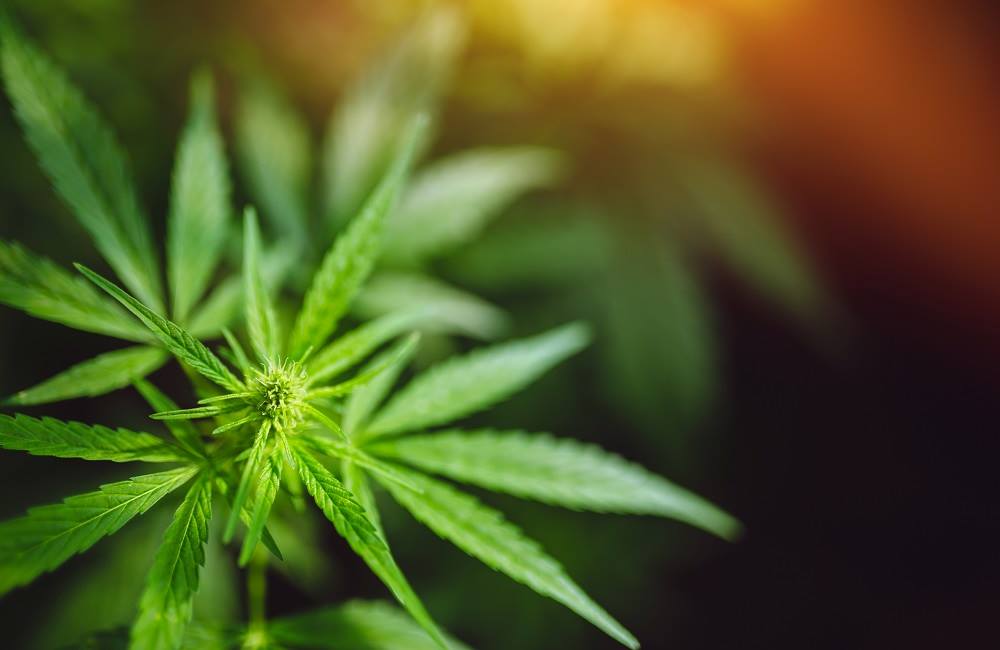What Is THCA Crystalline?
As most marijuana users know, THC is the chemical in cannabis that causes the “high” feeling. Smart consumers know to look at the THC content of cannabis before purchasing to have an idea of just how intense that feeling will be. However, there’s a chemical compound in cannabis that is a precursor of THC. Called tetrahydrocannabinolic acid, THCA converts to THC when the marijuana plant dries.
Why Use THCA?
THCA is not a psychoactive. In other words, it does not cause a “high” feeling. In this regard it is much like cannabidiol (CBD) products, which also are not psychoactive.
And much like other CBD-based products, it is gaining an increasing amount of attention from those who want the health benefits of cannabis without the psychoactive effects.
Producing THCA Crystalline
Unless you grow your own marijuana, the best route for trying THCA is to find it at a dispensary in crystalline form.
Marijuana producers have refined the process of creating crystalline. In creating psychoactive marijuana, the typical procedure is to dry the plant. Then, the conversion of THCA to THC is accelerated when you heat it, as you would in a vaporizer or an old-fashioned joint. That process is called decarboxylation.
Rather than doing that, the compound is extracted and ground into a powder, called THCA crystalline. Consumers can also get raw marijuana and eat it or use it to produce smoothies or raw cannabis juice, something long advocated by California doctor William Courtney.
Courtney and his wife, Kristen, have produced a documentary called “Leaf” about the benefits of raw cannabis, which contains THCA.
The Benefits of THCA
Courtney and others believe that THCA is more beneficial to your health than THC or CBD products.
What are these benefits? While the science is still not conclusive on the issue, proponents believe that it serves as an anti-inflammatory medicine that can help with issues such as arthritis.
They also believe it can help in other areas, such as providing relief for:
- Migraines
- Irritable bowel syndrome
- Insomnia
- Muscle spasms
- Nausea
- Loss of appetite
A 2013 study in the British Journal of Pharmacology found that THCA reduced nausea and vomiting in rats. The researchers concluded that, “These data suggest that it may be a more potent alternative to THC in the treatment of nausea and vomiting.”
Marijuana product companies also are making more use of it. A pioneer in this area has been Mary’s Medicinals, which uses THCA in a transdermal cannabis patch. The company has won award for innovations in the cannabis industry.
Another example comes from Caligold, which produces chocolate bars made with THCA. They also produce CBD bars.
All this points toward a bright future for THCA crystalline and other THCA-based products. It also gives the cannabis curious another option in trying marijuana products – particularly if they do not wish to experience the psychoactive effects.




